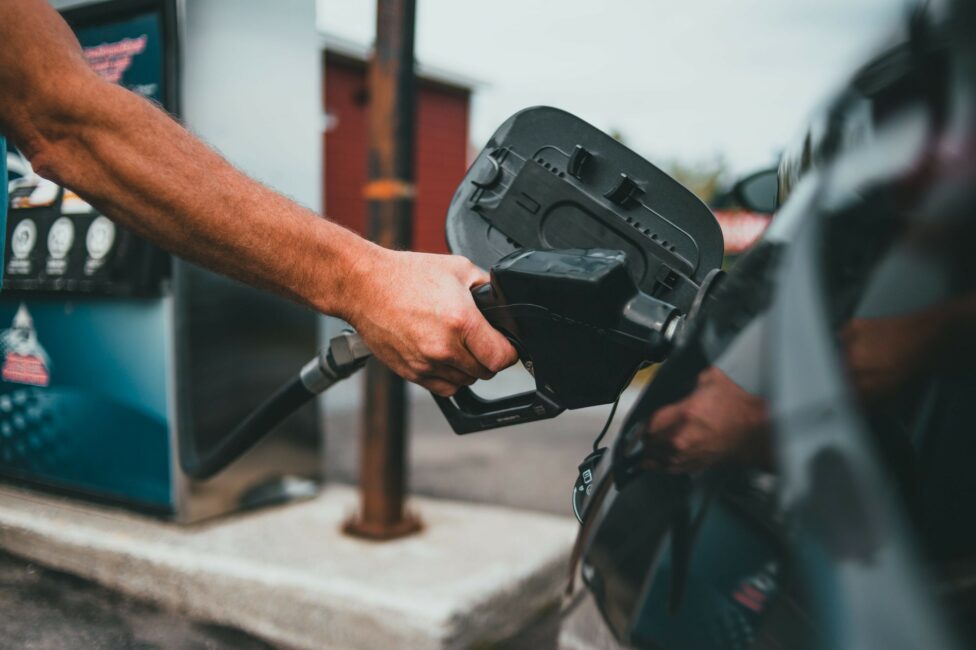Towards low-carbon road fuels by 2035

A low-carbon fuel is a fuel that does not come from fossil sources and which has a very low carbon footprint. It is most often derived from biomass or organic waste. As such, the first phase of this agreement will involve evaluating new concepts based on gasoline components derived from biobased raw materials. In the medium term, the aim is to identify and develop manufacturing methods for producing high-octane components. This shift to renewable isobutene could, in the future, reduce CO2 emissions by up to 70% compared to its hydrocarbon-based equivalent.
Despite the ban on the sale of new vehicles with internal combustion engines in Europe from 2035, there will still be gasoline and diesel vehicles on the road for a long time to come, and they will need to be offered fuel that is then in line with the objectives of reducing CO2 emissions.
Global Bioenergies is a specialist in the conversion of plant resources in various fields, including energy. In addition to road transport, the company is working to reduce CO2 emissions from air transport in order to help limit global warming. It has just delivered a first batch of sustainable aviation fuel for tests ordered by the French Ministry of Defense.














